Why Is the UK so Bad at Capital Programmes?
It was tempting to write again about the HS2 rail programme given recent events and the question of whether it is going to ever get to Manchester – or indeed to Euston. It will go down in history as one of the great British public sector disasters, perhaps costing us even more than NPfIT, the NHS IT programme a decade or more ago which certainly cost us billions. From the very beginning, it was clear to me that the business case was a con in order to justify the programme, which was enough for me to think it was a misjudged idea.
But the wider question is this – why are we so bad in the UK at capital projects and programmes? A recent article in The Times from chief culture writer Richard Morrison highlighted that failure in the specific area of arts-related building projects. The renovation of the Colston Hall in Bristol – to be renamed the Bristol Beacon – is now expected to cost £132 million, against an initial budget of £48 million. In Manchester, the Aviva studios opens soon, with the price-tag of around £240 million, more than double the original cost estimate. In Edinburgh, the redeveloped National Galleries of Scotland is a relative bargain, a mere £38.6 million, only £22 million over budget.
In East London, there is the new East Bank cultural quarter on the former Olympic Park at Stratford. That was supposed to be £385 million, now we are looking at £628 million and still rising. As Richard Morrison said, we might wonder “what difference this glitzy arts campus will make to ordinary lives in London’s poorest borough”. Political vanity projects in London aren’t new of course. Remember Boris Johnson’s “garden bridge” fiasco?
Is it optimism bias we are seeing time and time again? Is it simply incompetence in terms of properly defining the specification and carrying out costing exercises up front? Can we just blame inflation? Is it poor contract management and a lack of control that allows suppliers to escalate prices through the project? Or lack of control on changes in specification, changes which genuinely cause costs to grow?
The other possibility is conspiracy. It is in everyone’s interest for a project to look like a bargain when it comes to justifying it through the business case process. Your new concert hall (or railway) looks like a good investment at £x whereas it wouldn’t look good at £2x. so the sponsors, the professional services, engineering and construction firms involved, perhaps even local people, all want the case to be approved, so let’s make sure it is estimated at x and not 2x. Everyone also knows that once it is underway, it is very difficult to stop these projects even as the costs escalate, as we are seeing with HS2 now.
This was discussed in a long running legal case over the new concert hall in Paris, which featured in the Bad Buying book. The dispute between the authorities and the architect, Jean Nouvel, got rather nasty before the case was eventually settled in October 2021. Here is an extract from the book.
“In 2007, he (Nouvel) was contracted to build the auditorium for €119 million, but the final cost was estimated at €328 by the owners and €534 million by the regional state auditors (which in itself seems like a big discrepancy). Le Monde reported Nouvel saying that the €119 million was quoted purely to match the ceiling set for the public tender, and was not really a genuine cost estimate. He claims that €100,000 per seat was the established cost for similar concert halls, and the €119 million total would have required spending only half that much, so it was never realistic. He also claims that everyone knew that the real cost would be much higher – “this is pretty usual in France in public tenders for cultural projects”, he was quoted as saying. His lawyer also says Nouvel is being made responsible for failures in project management”.
So might HS2 have been a case of a conspiracy to reduce the predicted cost in order to get the project approved? Is this happening in too many UK projects? If Labour does win the next election, I would suggest an immediate and wide ranging review of why we seem to be so hopeless at building stuff to budget. You’ll need people who are genuinely independent or maybe folk who will blow the whistle on what really goes on! Because the answer can’t just be “a bit of inflation”. Something is going wrong on far too regular a basis in the UK.

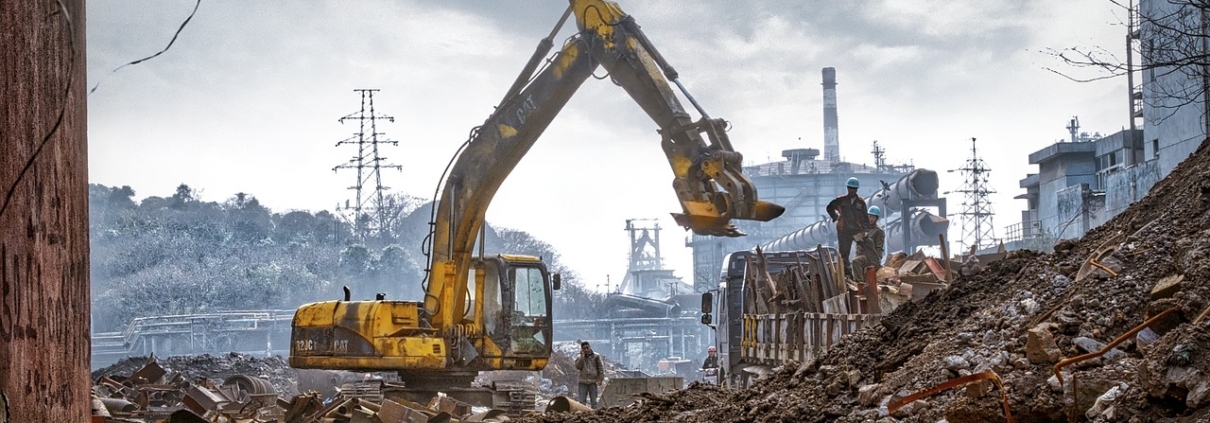
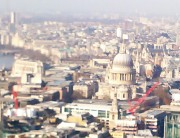

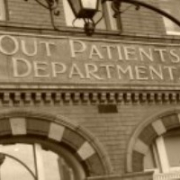

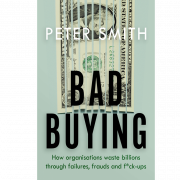
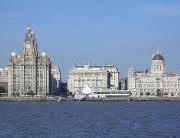


The planning system is largely to blame as it affords too much power to NIMBYs. Apparently the planning permission on the proposed new Thames tunnel is 65,000 pages long and cost more than it took Norway to actually create the longest road tunnel in the world.
According to the information in the linked article, its not over-optimistic budgeting that is the cause, as UK infrastructure is much more expensive than in comparable countries: https://gbr01.safelinks.protection.outlook.com/?url=https%3A%2F%2Fwww.samdumitriu.com%2Fp%2Fbritains-infrastructure-is-too-expensive&data=05%7C01%7Cdaniel.warnock%40northumberland.gov.uk%7Ca6c185d58bab423bbb5608dbc97177f3%7Cbb13a9de829042f0a980dc3bdfe70f40%7C0%7C0%7C638325261407303158%7CUnknown%7CTWFpbGZsb3d8eyJWIjoiMC4wLjAwMDAiLCJQIjoiV2luMzIiLCJBTiI6Ik1haWwiLCJXVCI6Mn0%3D%7C3000%7C%7C%7C&sdata=0B4Fo%2FJZwUgyjfDwr7n0dTrBVMCNQH8crAkOPOJ0N%2FQ%3D&reserved=0